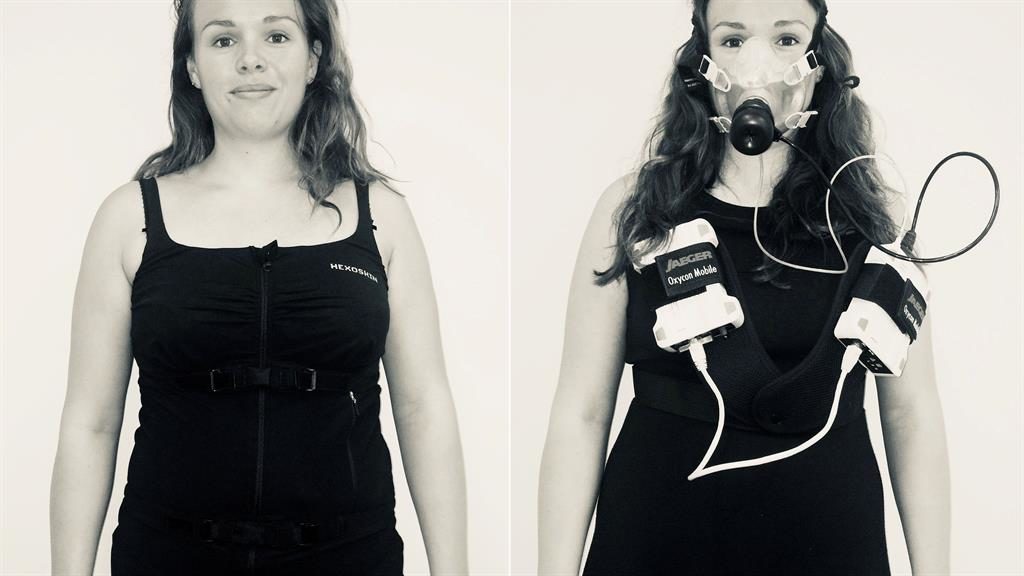Flunking a THC test, Alabama gives in, a shirt for COPD, and more
09 Oct 2019
Posted by Andrew Kantor
Be part of the solution
This American Pharmacists Month, will you consider helping advance the profession in our state and help Georgia pharmacists provide high quality care?
The Georgia Pharmacy Foundation aims to raise $10,000 this year. The foundation provides scholarships, offers free CE series to help Georgia pharmacists stay mentally healthy, and recently launched a free path to becoming a Champion for Opioid Safety. See how you can benefit from our programs and make a tax-deductible donation today at GPhA.org/foundation.
CBD oil leads to THC finding
Yikes! A Clayton County assistant principal taking CBD oil tested positive for THC and was suspended. Despite the evidence, a tribunal recommended he be dismissed — but lucky for him the county rejected it. Was it a problem with the oil or with the test? We just don’t know.
OTC meds, teens, and suicide
From 2000 to 2018 there were 1.7 million attempted suicides among people 10 to 25 years old just by poisoning. Almost a quarter of those had a serious outcome, and the rates have been climbing.
- Most of those serious outcomes came from “OTC analgesics, antidepressants, antihistamines and antipsychotics”;
- For younger kids, attempted overdosing on ADHD medications was most common (and those meds posed the highest risk of a “serious medical outcome”);
- For older people, it was sedatives and hypnotics;
- Opiates are not a common way to attempt suicide;
- There’s a significant uptick during the school year for people 18 and under.
Vaping update
It’s up to 21 deaths over 18 states, including Georgia — and well more than 1,000 people hospitalized.
Alabama pays ransom
The DCH Health System in Alabama was attacked with ransomware, and health officials finally caved to the demands and paid the hackers responsible. It was then given the key to decrypt its data. DCH won’t say how much it paid in ransom, but it’s still recovering and its three hospitals are still accepting only critical patients until the data systems are back online.
The FBI is warning health systems that those kind of attacks are becoming “more targeted, sophisticated, and costly.”
A more-fashionable lung test
A PhD candidate in the Netherlands has developed a shirt to monitor COPD patients and others with lung diseases. The ‘smart shirt’ tracks how often and how much the patients’ lungs expand and contract, and is more convenient (and stylish) than the usual gear.

The air in there
Engineers (and physicians) at UC Davis have developed a breath test for opioids. It’ll be useful for testing pain patients (to see if they’re taking their meds) and, more importantly, for law enforcement to detect illegal drug use.
The Long Read: Pharmacists and parenthood
“How birth control pill prescriptions by a pharmacist could broaden access and keep costs down” — not to mention reduce unplanned pregnancy.


